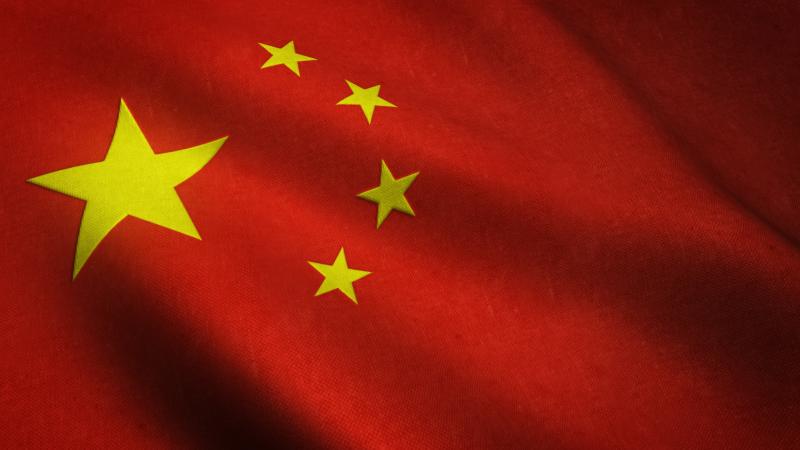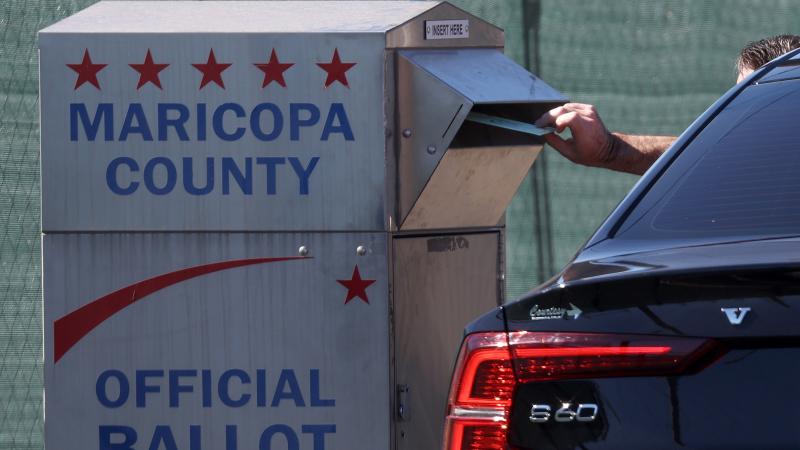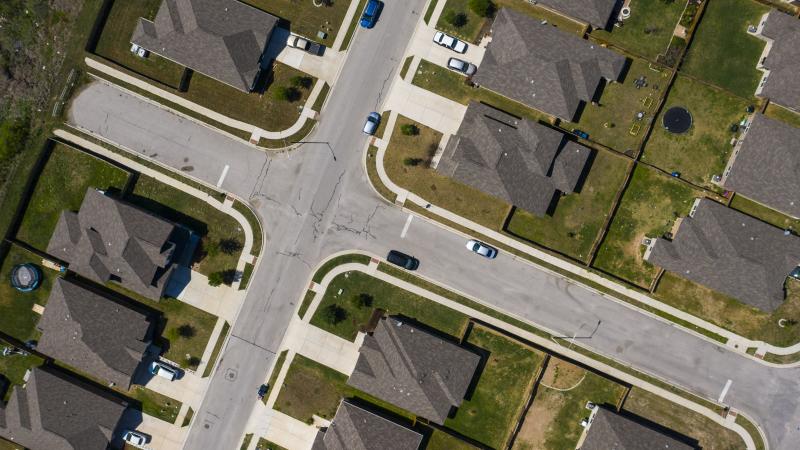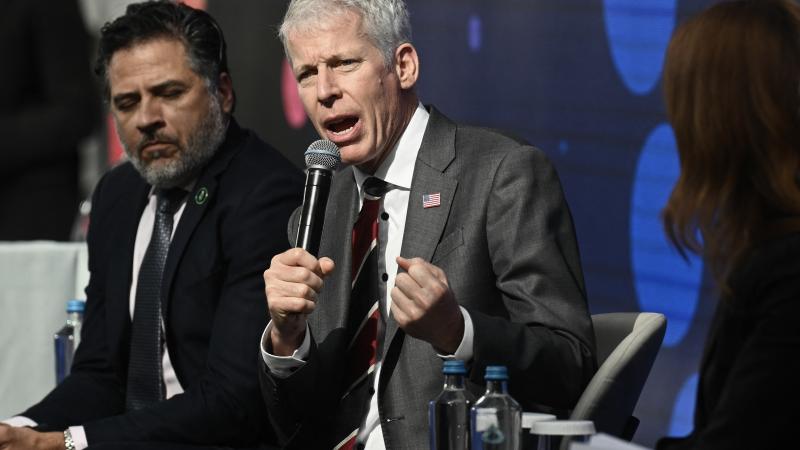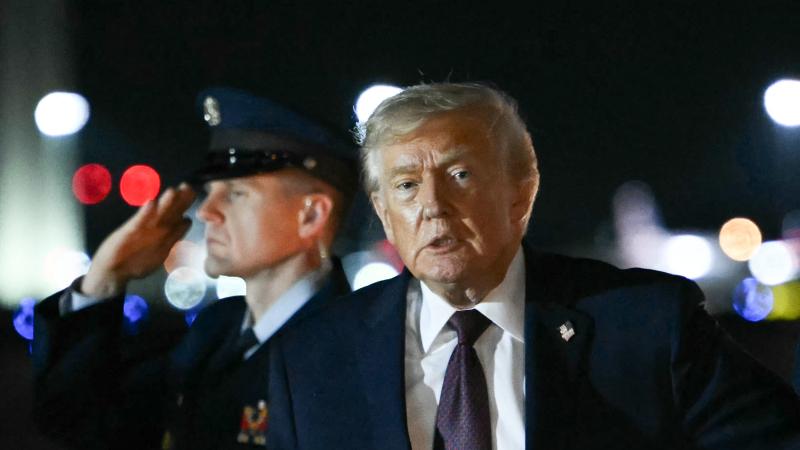Hong Kong opens Beijing's new national security office as new policy goes into effect
The opening of the Office for Safeguarding National Security in Hong Kong follows the implementation of a new, restrictive national security law that erases some of the freedoms formerly enjoyed by Hong Kong
Beijing on Wednesday opened its new national security office in Hong Kong, following the implementation of the central government's new law that is widely being viewed as a way to strip the semi-autonomous territory and financial hub of its relative independence.
Also on Wednesday, Hong Kong's education bureau announced that schools are no longer permitted to allow students to sing or listen to the protest anthem "Glory to Hong Kong." Last week, the city government outlawed the slogan "Liberate Hong Kong, revolution of our time."
Carrie Lam, the leader of Hong Kong, joined officials from the Chinese Communist Party, as well as her predecessors at the ceremony marking the opening of the Office for Safeguarding National Security in Hong Kong.
The law follows months of protests in Hong Kong over an attempt last year to extradite some accused of crimes in the territory to the mainland to be tried in court.
Under the new law, police now have the authority to conduct searches without warrants and order internet service providers and platforms to delete messages they believe don't fall within the scope of what is allowed under the new legislation. The national security policy prohibits what Beijing sees as secessionist, subversive, or terrorist activities in Hong Kong.
Following the implementation of the new law, various tech companies, including Google, Twitter, Facebook, Microsoft, and Zoom, said they would halt processing the requests for user data from Hong Kong law enforcement, as they companies work to understand the implications of the new policy.
On Tuesday, TikTok also stopped operations of its app in Hong Kong, disabling the download function from Hong Kong's Apple and Google app stores.
The widespread fear among the global community, as well as pro-democracy lawmakers in Hong Kong, is that the new law undermines the special freedoms Hong Kong has enjoyed since China took control of the city from the U.K. 23 years ago. The move by Beijing to limit the ability of Hong Kong citizens to offer public dissent is pushing the city away from their formerly Western-style of governing, and toward the mainland's authoritarian regime.

